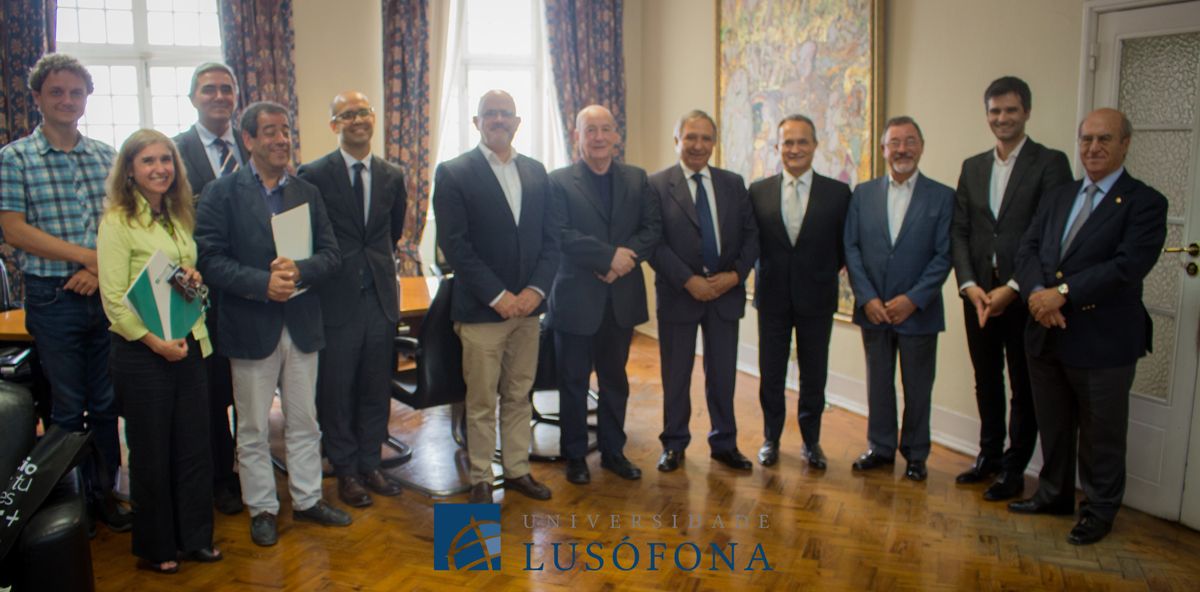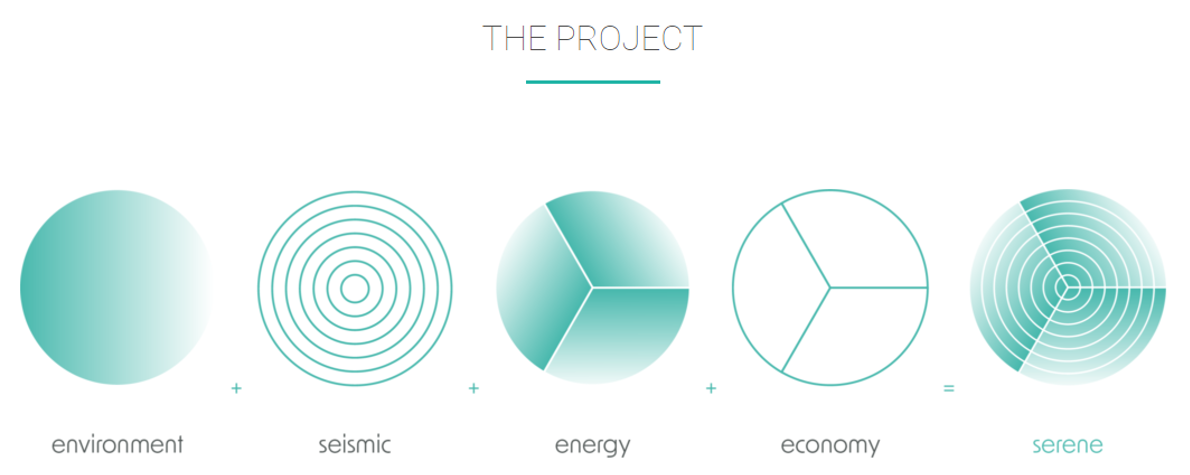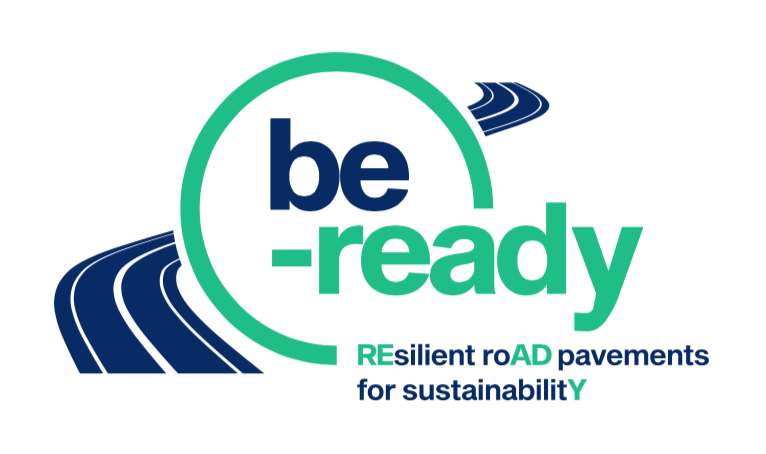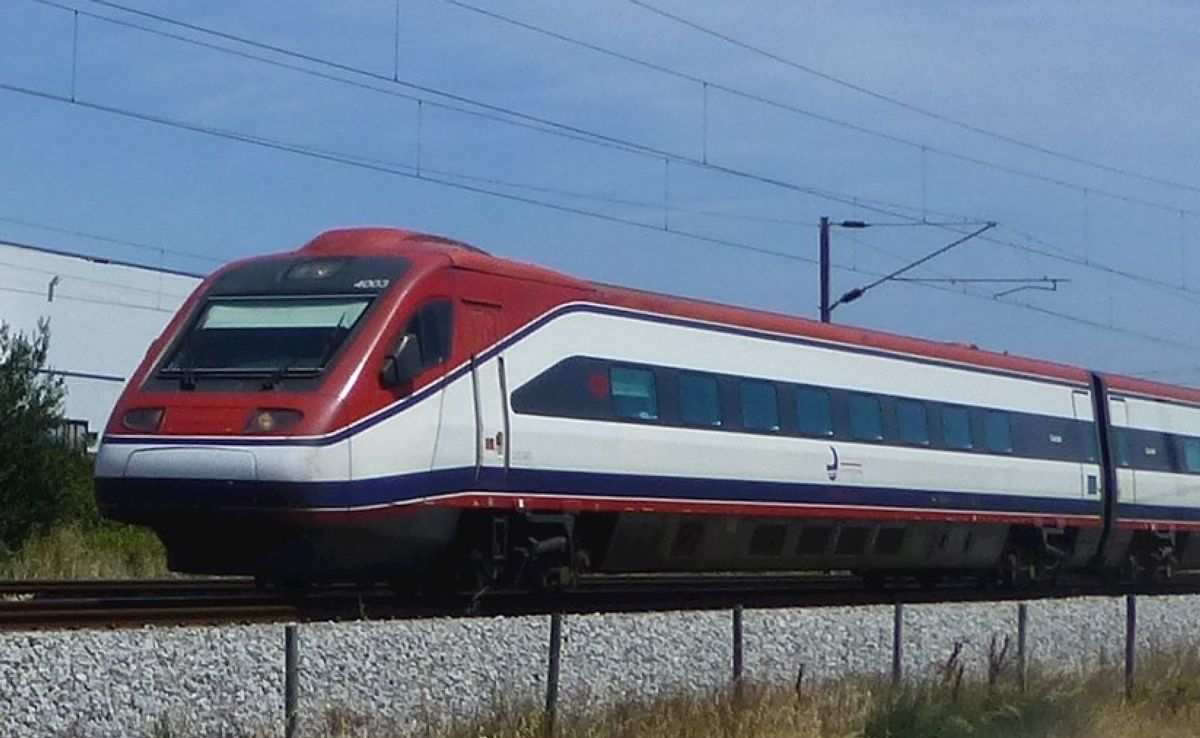Research
Research Projects
Research Topics
Circular Materials
Circular Materials Management has revolutionized construction and infrastructure practices by prioritizing sustainability and resource efficiency. By embracing circular economy principles, we shift away from the outdated linear model of “take, make, dispose” towards a more sustainable approach. Reusing materials becomes paramount, extending their lifespan and reducing the need for virgin resources. Incorporating recycled materials into new solutions not only minimizes waste but also reduces carbon emissions associated with resource extraction and production.
Resilience and Sustainability in Built and Natural Environments

Structural Health Monitoring
At our group, Structural Health Monitoring (SHM) has been proposed for damage identification in infrastructure (e.g., bridges) and road pavements, and more recently for climate change adaptation. Four main vectors have driven our research: system identification (e.g., dynamic field tests), machine learning, finite element modeling, and sensor node development. For more information.
Research Colaborations
MATEREO signed a collaboration agreement with the Lusófona University
This agreement intends to foster the transfer of scientific knowledge from research to practice in the area of bridge management and to promote the development of research activities between both institutions.
Infraestruturas de Portugal (IP) assina protocolo com a Universidade Lusófona

This protocol, signed between two reference entities in the business and academic fields, will push into the implementation of program contracts to transit research into practice. The projects include joint training and research actions, consultancy, technical training and provision of specialized technical support in the field of civil engineering applied to transport infrastructure, targeted research at the postgraduate, masters and doctoral levels, access to information and technical documentation – scientific within the scope of common activities, use of experimental means and other laboratory infrastructures at the Lusófona University (ULHT), and holding seminars and workshops, always with special emphasis in areas related to civil engineering. For more information, please click here.
Cooperation Agreement with IfaS and the Trier University of Applied Sciences
University Lusófona (ULHT) has a cooperation agreement with IfaS and the Trier University of Applied Sciences, in Germany, since 2016.
The cooperation aims to development training programs on issues of circular economy, sustainable development and material flow management, as well as the academic exchange of students and Professors, as well as experiences and knowledge on issues of resource economics and the environment.
Professors and representatives of the ULHT participate on the yearly International Circular Economy Week (ICEW) of Rhineland-Palatinate since 2017. The ICEW and the exchange activities between IfaS and the ULHT has served as a platform bringing together like-minded professionals, academia and businesses from all over the world to one unique place on earth – the Environmental Campus Birkenfeld – for activities to showcase, demonstrate and share knowledge on the latest advancements in the application of Circular Economy, the practical means of tackling global economic and technological challenges of energy transition policies towards 100% renewable energy systems, and sustainable resource management (including water, sanitation and waste management strategies) paying special attention to the sustainable business aspect of the initiatives.







